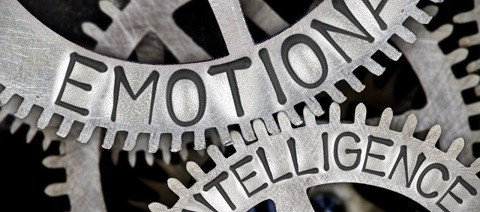
GCED Basic Search Form
Quick Search
Usted está aquí
Noticias

The COVID-19 pandemic has exposed our world’s fragility and interdependence, affecting every country, community and family, resulting in an unprecedented global social and economic crisis.
Impacting nearly 1.6 billion learners, shutting down schools overnight and transforming public health and education systems everywhere: COVID-19 has forced us to rethink, among other things, the way we teach and learn, the way we work, the way we communicate and the way we consume.
Since the start of the new academic year, and with an increase in school dropout rates coupled with continued uncertainty, many schools have been struggling to ensure that learning never stops. Therefore, it is necessary – more than ever before – to make learning feel relevant again. This implies making greater efforts to foster the cognitive, social and emotional skills as well as the responsible behaviours that prepare young people to prevent and face future crises.
However, according to a recent study published by UNESCO, countries are most likely not fully prepared for the task.
The study, ‘Educational content up close: Examining the learning dimensions of Education for Sustainable Development and Global Citizenship Education’ (now also available in French and with statistical data), reveals disparities in the emphasis placed on the social-emotional and behavioural dimensions of learning relating to global citizenship education (GCED) and education for sustainable development (ESD), from the pre-primary level to upper secondary.
What does this mean in practice and for learners in COVID times?
The study, which looks at ten countries from UNESCO’s five world regions that have comparatively strong policy commitments to both GCED and ESD - Costa Rica, Japan, Kenya, Lebanon, Mexico, Morocco, Portugal, Republic of Korea, Rwanda and Sweden – reveals, despite governments efforts to ensure a balance between all learning dimensions across all educational levels, there is still a relative decline of social-emotional and behavioural dimensions of learning as students progress from pre-primary to upper secondary. This is not only challenging because these dimensions are important in their own right, but because nurturing the social-emotional skills of children and young people is paramount, especially in times of crisis wherein many have experienced isolation and anxiety. That said, it is equally important to find a balance between these three dimensions of learning because learning generally improves when the social-emotional aspects of a learner are engaged, or when participatory and action-oriented pedagogies are used to engage students in ways that they find meaningful and memorable.
In Kenya, where schools will remain closed until January 2021, as a result of the pandemic, GCED and ESD are already seen as critical in helping to address COVID-19 related societal tensions and stresses, political polarization, violent extremism, social injustice and conflict.
Expert contributor to the study, M Mary Kangethe, who is an Education Programme Director in Kenya and a member of the country's National Commission for UNESCO, has witnessed up close the positive effects of holistic learning promoted through GCED and ESD. Ms Kangethe sees its importance in countering the range of damaging effects caused by the long-term absence of children from school.
Ms Kangethe emphasised that: ‘The classroom in Kenya is a relatively open space; we encourage schools to allow children to ask questions and to really express their views. Teachers in turn have to be role models for their students. It is our hope that this avenue will be adequately utilised as schools re-open to strengthen children’s resilience to deal with the pandemic.'
The assumption of the study – validated in UNESCO-MGIEP’s publication Rethinking Learning- is that if GCED- and ESD-related education policies and programmes do not promote a diverse experience but rather disproportionately emphasize academic achievement alone or just social and emotional learning, they are less likely to trigger the changes that are needed to prepare students to thrive in an increasingly unstable and complex world.
The report therefore recommends that ESD and GCED stakeholders ensure that all three dimensions of learning are given greater and appropriate attention in the syllabi, textbooks, teacher guidelines and recommended pedagogies of all relevant subject domains.
UNESCO’s Issue Note on Nurturing the social and emotional wellbeing of children and young people during crises which draws together best practices, practical tips and links, provides additional guidance on how to take this recommendation forward.
UNESCO’s Mahatma Ghandi Institute of Education for Peace and Sustainable Development publication Rethinking Learning: : A Review of Social and Emotional Learning for Education Systems’, reviews the latest research on Social and Emotional Learning (SEL), its impact on student health and school climate and its transformative role in building happier classrooms.
URL:
https://en.unesco.org/news/are-countries-ready-build-learners-resilience-times-crises
